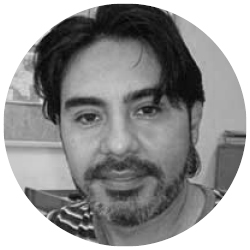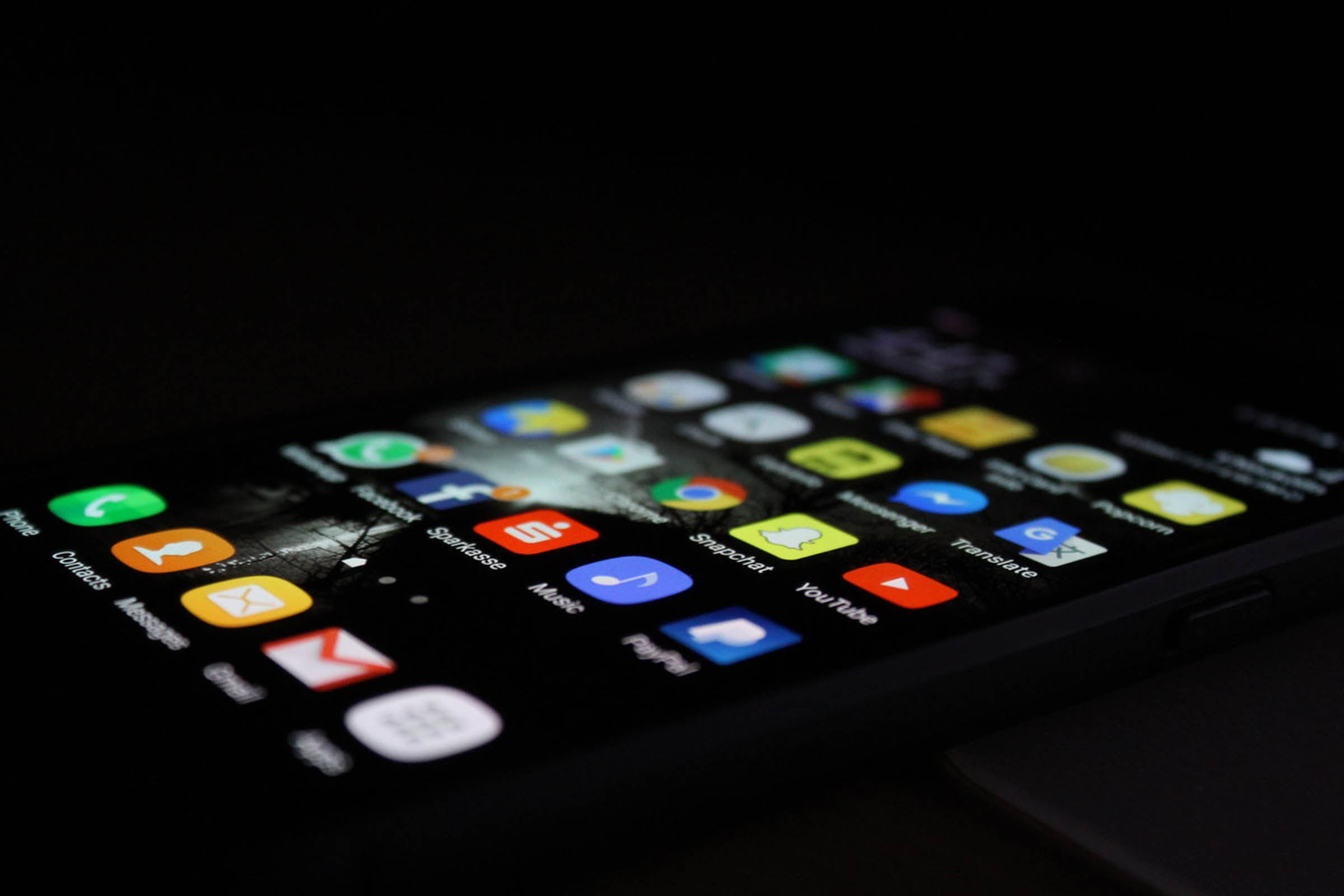Fake news. Russian-bought adverts. The Cambridge Analytica scandal. When it comes to its influence on the process of democracy in the Western world, social media is being increasingly called into question, as we spend more and more time online. But are social media and democracy really in a death spiral? Or could it be its saviour? We talked to Dr Oliver Villar, Lecturer in History, Politics and Sociology at Charles Sturt University, to investigate.
What are the threats?

Dr Villar sees that political discourse generally is undergoing a shift, which social media is playing a part in.
“Dissent – typically in places like universities and investigative journalism – was traditionally part of the culture in Western democracies. But today, with the rise of post-truth and alternative facts (what the right calls fake news, what the left calls identity politics, but is, in my view, reactionary politics – where the most uninformed people have the loudest voices), this has led to populism. Personalities, emotions and public relations dominate political discourse rather than the substantive facts of policy. This is a danger to the democratic process.”
Can the media serve democracy?
One of the primary reasons why social media has become more important in the dissemination of information is, Dr Villar feels, the way traditional or ‘old’ media is increasingly being perceived.
“When we hear about ‘fake news’, it is often referring to the ‘fifth estate’. This means networks of people who aren’t from the big media corporations, who are members of the public. And they often get blamed for disseminating false information. But when we look at big media, such as newspapers and commercial broadcasters, it is actually there where a lot of information is compromised.
“More and more people are turning to alternative sources of information. This very much signals an increasing distrust of large media corporations – and of government. We perceive large media and government to be intertwined in terms of the exercise of power.
“There has been a historical connection between government and media. The dominant view has always been the ‘fourth estate’ model. This is the idea that there is a separation between government and media (the fourth estate), and the press works as a watchdog of government and so on. But the alternative view – which is gaining more and more traction – is that the media is a propaganda machine for special interests. People are critical of the way large corporations present the world, as it conflicts with how people actually experience their day-to-day lives.”
What role does money play?
The ‘politics of the internet’ means everyone is trying to dominate everyone else for audience.
“Media needs an audience. Now media (old and new) are trying not only to sell to audiences, but to sell the audiences themselves to one another. One of the ways to do that is to find out as much about the audience as possible. An the way to do that is through data. That way you can sell products better to the audience, and sell the audience to advertisers.
“So we have media companies harvesting data on us and using it for their own ends (see the Cambridge Analytica affair). We also have the compromising of news – or truth – itself for the sake of appealing to an audience or a major political party.
“The current business model of the media finds that the government is not only entwined with media but is part of the mechanism driving revenue for media. Presenting politics in certain ways drives audience traffic. News outlets ‘massage’ the news to appeal to that audience. If we compare news coverage of the Vietnam War with, say, the first Iraq War, you can see how media has presented information that is friendlier to powerful interests. And that’s just as true of national political stories as it is of large international conflicts. As such, the media becomes an informal mouthpiece for power.”
Why is the relationship between social media and democracy important?
It is wrong, in Dr Villar’s opinion, to see social media – and internet discourse more generally – solely as a threat to democracy. In fact, it can play a crucial role in challenging traditional bastions of power.
“For quite a while, big media has been at war with social media, a war that they’ve waged by venturing onto the platforms themselves. In other words, they’ve got more involved in social media and become part of that conversation, and have often dominated it given their larger financial power. So it is a healthy thing for others to challenge that dominance.
“Independent news sites and collaborative social media campaigns are drawing more of an audience, particularly among university-educated people. Social media is a public sphere, which allows expression, something that big media doesn’t really permit.
“So actually a lot of the hope, critical analysis and alternative viewpoints is in places like social media. It will be fascinating to see where it goes, how open it can be and how resistant it can be to government and big corporations which often work together to control discourse.
“It is up to individuals to decide what they want. They need to be conscientious in their research and consumption of media. And they need to get together to campaign on issues and challenge power as a collective. Power won’t change on its own and never has. We need to find things that unite us, rather than divide us, if we intend to democratise our societies.”
Do you want to study social media?
The interaction between social media and politics is an integral feature of modern life. If you want to explore it further, you can study it as part of several undergraduate degrees. These include the:
Get in touch to discuss your course options.
1Cricos: 0101020
2Cricos: 25195D
3Cricos: 022895G


You must be logged in to post a comment.